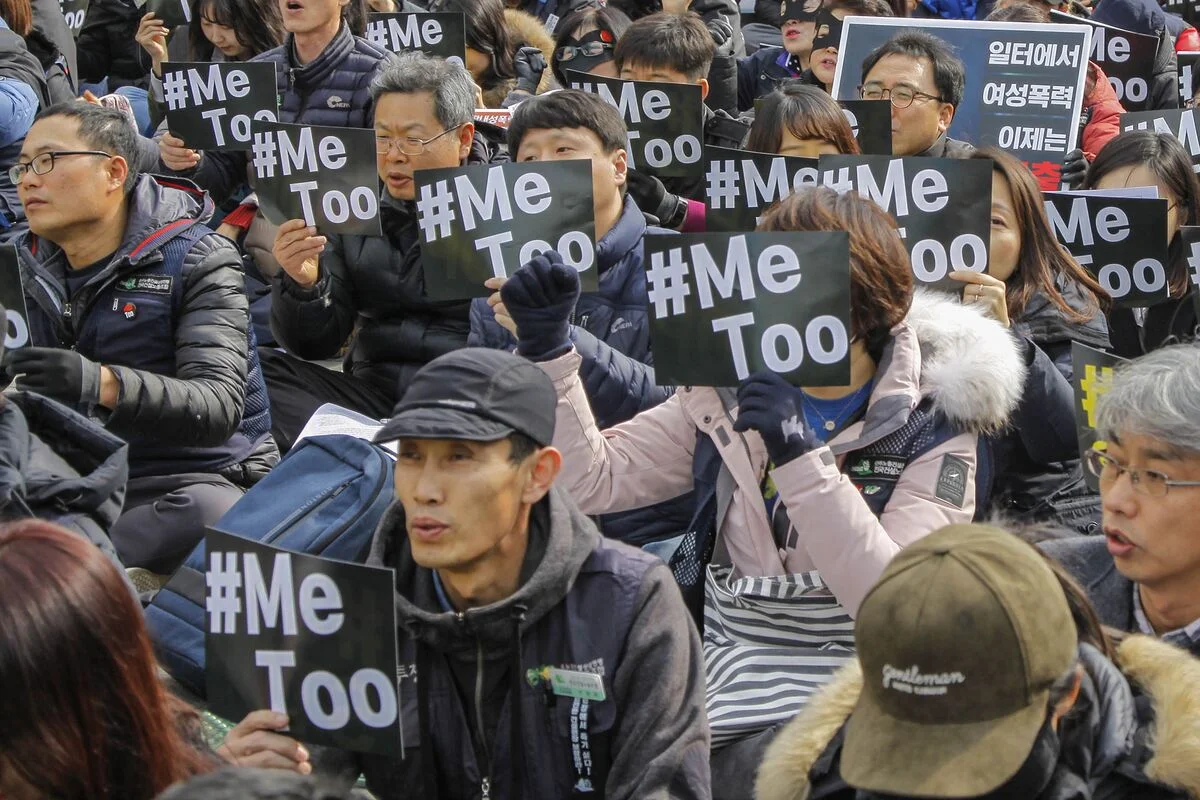In a significant stride towards addressing its MeToo reckoning, Taiwan has recently introduced new sexual harassment laws, marking a crucial milestone in the country’s fight against gender-based misconduct. While these legal amendments have been praised for their proactive approach, activists believe that they still fall short in certain areas, underlining the need for broader societal changes.
The ruling Democratic Progressive Party (DPP) was spurred to action after facing a wave of sexual assault claims, which resulted in several high-profile resignations and subsequent allegations against powerful figures, including celebrities. As the country gears up for a critical election five months from now, the urgency to strengthen existing laws and protect victims of harassment was evident.
One of the key provisions of the new laws requires all workplaces, including previously exempt small businesses with at least ten employees, to establish robust reporting channels for sexual harassment complaints. Employers are now obliged to thoroughly investigate such cases and report their findings to local labor authorities. Failure to comply could result in fines of up to 1 million New Taiwan dollars ($31,700). Previously, alleged victims had limited options and often had to resort to lengthy and emotionally taxing court trials.
The expanded definition of sexual harassment under the new laws includes the use of discriminatory or insulting language based on gender, as well as acts that punish others professionally for rejecting advances. This more comprehensive approach aims to address subtle and implicit forms of harassment that often go unreported.
Taiwan’s MeToo movement, however, faces challenges due to deeply rooted patriarchal and hierarchical aspects of society. Although the country is often hailed as a progressive democracy, gender inequities persist, and certain sectors still perpetuate a culture that normalizes sexual harassment. Activists emphasize that societal attitudes must change alongside legal reforms to create a safe and supportive environment for victims.
Critics of the new laws highlight areas that require further attention. For instance, they argue that the legislation should address sexual harassment cases that occur outside the workplace, particularly in religious institutions. Additionally, activists call for heftier penalties to discourage malicious retaliation and advocate for the establishment of platforms encouraging witnesses to intervene.
Media influencer Anissa Chang, who herself has been part of the MeToo movement, acknowledges that the legal changes are beneficial in creating fear among those who misuse their authority to harass others, a phenomenon often observed in industries like entertainment. However, she warns against the normalization of criminal and harassing actions, calling it a deeply distorted societal phenomenon that must be rectified.
The education sector is not exempt from the new laws, as they explicitly ban romantic relationships between educators and students under the age of 18. Teachers and principals who fail to report student complaints of harassment to the Ministry of Education now face penalties.
Wang Ju-hsuan, a lawyer and former Labor Minister, believes that the recent increase in cases filed by alleged victims is a positive sign that Taiwan’s MeToo movement, though long-delayed, is having a constructive impact. To build on this progress, she stresses the need for a comprehensive overhaul of gender equity and sex education in schools to challenge ingrained attitudes and beliefs.
While the MeToo movement in Taiwan has seen successes, inspired in part by the Netflix hit series Wave Makers, it has also faced backlash with some questioning the motives of alleged victims. This underscores that legal changes alone are insufficient, and genuine progress lies in transforming societal attitudes towards victims and eradicating victim-blaming.
In conclusion, Taiwan’s new sexual harassment laws represent an essential step toward addressing the MeToo reckoning in the country. However, they also reveal the urgency to tackle deep-seated cultural norms and attitudes that enable harassment to persist. A collaborative effort involving legal reforms, gender education, and cultural shifts will be vital in creating a safer and more equitable society for all.




